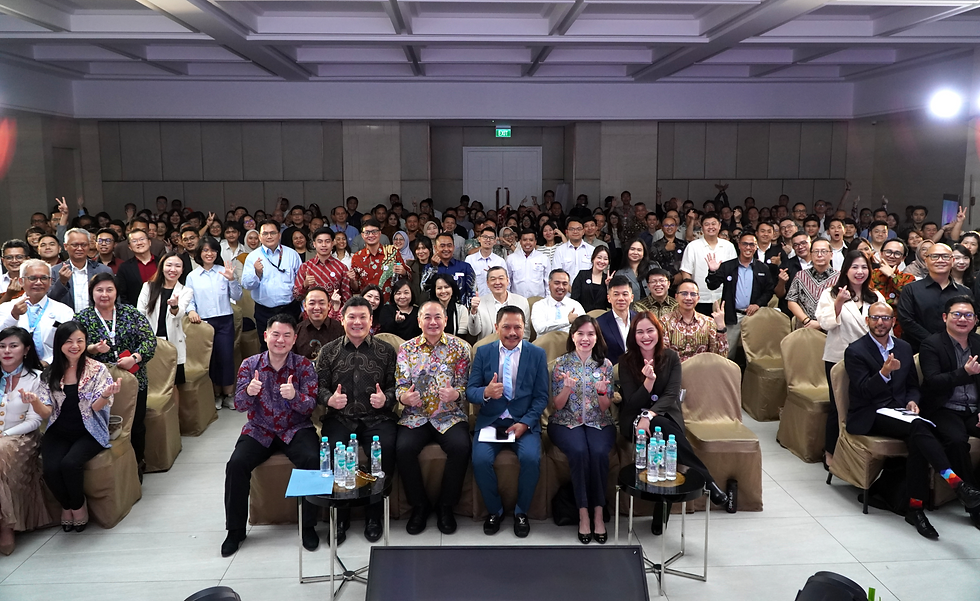Beyond the 9 to 5: Extending Your Healthy Habits into After-Hours Work Life
- TechConnect

- Nov 15, 2023
- 3 min read

Picture source: Boulo Solutions
Our world is unpredictable and changes rapidly. Technology brings new challenges and often the pressure to be constantly connected.And the lines between home life and professional life are becoming increasingly blurred, especially if, like me, you work for yourself and/or from home. Now more than ever, we need self-care skills so we can perform well at work, achieve personal and professional goals, be there for loved ones, and feel our best. But the concepts of taking care of your mental and physical health, reducing stress, staying on task, and spending more time with the people and things that matter all boil down to one thing: creates create a healthier, more balanced life.
Therefore, finding balance is not just about working fewer hours, working from home two days a week, or being able to complete work in time to pick up the kids from school. It goes much deeper than that to include a more comprehensive view of how you take care of yourself and spend your time. Starting with physical health, here's one way to expand your healthy habits:
Keep track of exactly how much time you spend doing things in a notebook or an app. After checking this time, you will be able to accurately estimate the number of minutes, hours or days required to complete various activities. It's quite common to underestimate the time spent on a task, which can lead us to create or accept unrealistic deadlines. As a result, we end up stressed and scrambling. You can't master time management if you don't know how much time to spend on each individual task. You might also be surprised to see where you're wasting your time and find ways to be more productive.
Put in the effort to plan and organize. If you have items scattered across your desk, it's hard to know what you've accomplished and what still needs to be fixed. Whether it's color coding or a certain method of organizing and tracking progress, find a system that works for you.
Set SMART goals. SMART goals are ones that are Specific, Measurable, Achievable, Results-oriented, and Time-bound. Write them down, and make sure you detail all of the steps necessary to conquer them. Without goals, you have no direction and find it difficult to focus your time and efforts on things that will advance your career or life. Goals can be difficult, but they shouldn't be so overwhelming and unrealistic that they create a feeling of overwhelm.
Prioritize using the 80-20 rule, also known as the Pareto Principle. The idea is that 80% of your results will come from 20% of your efforts. Identify the most valuable tasks that yield the greatest rewards and put them at the top of your priorities.
Figuring out deadlines and eliminating urgent tasks first is another way to prioritize. If a deadline is approaching, put it at the top of the list. Eliminate as many urgent tasks as possible so you can spend the remaining time on things that are important to you and will help you achieve your long-term goals.
Maintaining proper and restorative sleep habits, could mean nine hours for you or six hours for someone else. Best practices include going to bed and waking up at the same time every day (including weekends) and stopping screen use an hour or two before bed.
Take time for recreation and relaxation. Personally, I find that reading, mindfulness, and running help me relax, and I spend most of my time doing these activities. For you, this might be five minutes of deep breathing or meditation, a long bath, a walk in the woods, watching a movie, or doing something else. It's important to find your own way to disconnect and relax.
Source: Forbes, Fresh Orthodontics, Tridy Consultancy & Talent Services





Comments